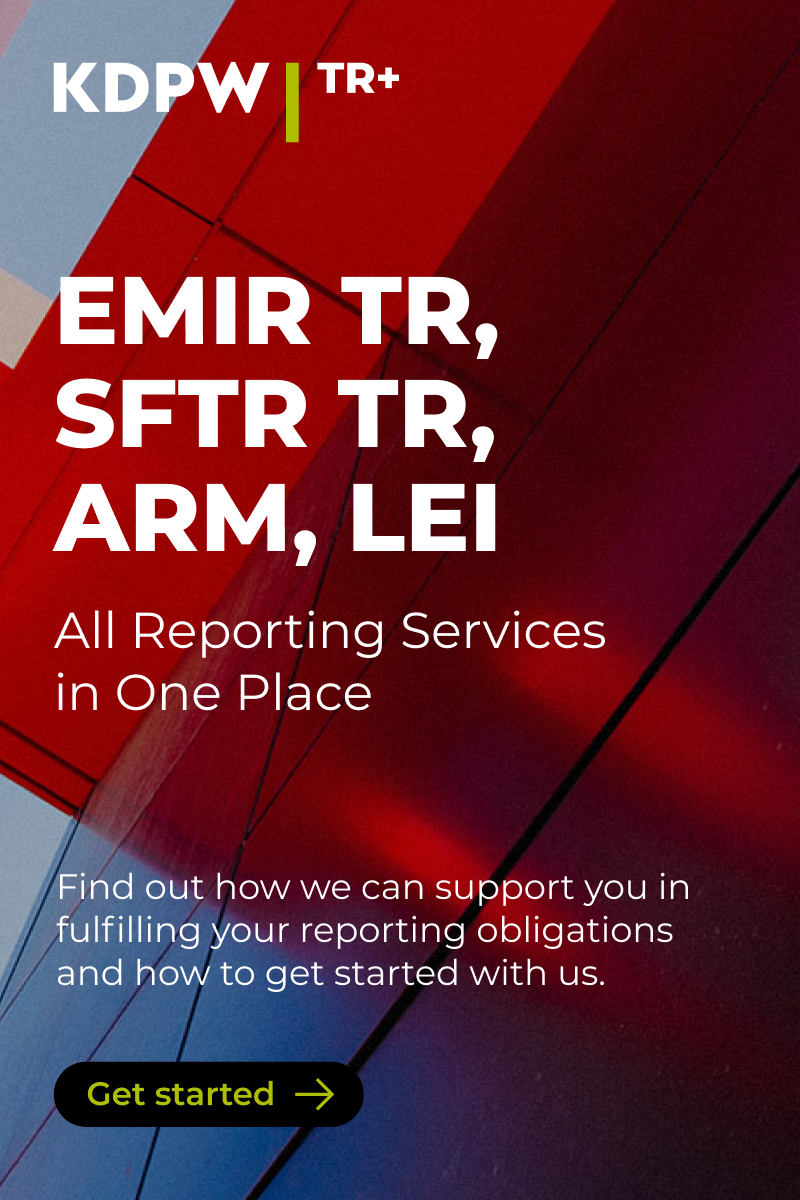The European Fund and Asset Management Association (EFAMA) has demanded an extension of 12 month to the UCITS exemption to ensure proper implementation as the current switch from UCITS KIID to the PRIIPs KID “would be too much of an operational undertaking in the timeframe provided”.
The aim of Packaged Retail Investment and Insurance-based Products (PRIIPs) European regulation is to standardise pre-contractual information regarding packaged financial products offered to non-professional investors.
The regulation requires the product manufacturer to produce a standardised key information document (KID) containing the necessary basic information to enable retail investors to understand the product, and to compare products.
The UCITS exemption is currently due to expire on 31 December 2021, meaning the PRIIPs KID will need to be produced for all UCITS being sold to retail investors from 1 January 2022.
EFAMA suggests that this would be too difficult for UCITS managers to change given the extensive changes between the two.
“With only eleven months remaining, there is insufficient time left for fund managers (and other product manufacturers) to properly implement the envisaged wide-ranging changes,” says EFAMA.
The trade association is insisting that another extension of the UCITS exemption for 12 months after the publication of the revised regulatory technical standards (RTS) in the EU Official Journal is necessary to ensure proper implementation.
Switching from the UCITS KIID to the PRIIP KID will be a massive operational undertaking.
For a medium-sized asset manager, this means producing thousands of KIDs and given that the figure could rise to five digits, EFAMA explains the sheer volume means that processes must be automatised as far as possible, which needs sufficient preparation.
Additionally, EFAMA highlights that there is no clarity on the future requirements, and as well as this, due to the uncertainties surrounding the PRIIPs RTS at the end of 2020, fund managers were not able to allocate precise budgets and staff for PRIIPs in their IT plans for 2021.
To add to that, the ongoing COVID-19 pandemic with lockdowns and work-from-home requirements are all making it much more difficult to implement changes as quickly as before, the association explains.
Alongside the ongoing concerns around the implementation deadline, EFAMA says its equally important to note the switch from the UCITS KIID to the PRIIP KID does not happen automatically and still requires timely legal changes to the UCITS Directive to ensure that retail investors are not presented with two KI(I)Ds simultaneously.
The association says: “This process should mark the end of the UCITS KIID, meaning it should be fully deleted from the UCITS Directive. Considerations to keep the document alive for professional investors is without merit. The UCITS KIID is and has always been a retail-investor document that is of little to no use for professional investors.”
EFAMA suggests having two diverging different key information documents would also be “a recipe for disaster”.
In August, EFAMA issued a letter to the European Commission on the PRIIPs draft RTS, calling for an immediate extension of the UCITS exemption, as well as an urgent Level 1 review of the regulation.
EFAMA has always made it clear that a revision of the PRIIPs RTS “falls short” of conducting a proper Level 1 review, which it argues “is explicitly required by the Level 1 Regulation and is overdue for more than one year”.
The association argues that it’s not possible to create a fully homogenised retail investor document involving hugely diverging investment and insurance products while, at the same time, keeping the information both meaningful and not misleading.
“Both goals can not be fully achieved simultaneously and some trade-off will have to be found between meaningful and comparable information,” it adds.
“This conundrum cannot be solved only by making technical changes at RTS level – despite the ESAs’ ongoing best efforts. We, therefore, understand and support industry associations and consumer representatives voicing their frustration that this issue is not tackled head-on through a Level 1 review,” says EFAMA.
Despite all these concerns, if the commission adopts the RTS changes ahead of a wider distribution review, EFAMA says the only alternative is to fix some of the current KID’s biggest flaws before fund investors are confronted with the PRIIP KID instead of the current and well-functioning UCITS Key Investor Information Document (KIID).
EFAMA comments: “The ESAs’ revised RTS are, therefore, a small step in the right direction and are, within the impossible confines imposed by the Level 1 Regulation and the commission’s mandate, as good as they can get. For now.”
Earlier this week (3 February), the European Supervisory Authorities (ESAs) submitted draft RTS on amendments to KID for PRIIPs.
The ESAs submission was made following a request from the commission in December last year for the European Insurance and Occupational Pensions Authority’s (EIOPA) board of supervisors to further analyse the draft RTS.
While some national competent authorities at EIOPA’s board continued to express reservations on the draft RTS, they supported the proposal based on the further details provided by the commission on their approach to the broader review of PRIIPs Regulation.


